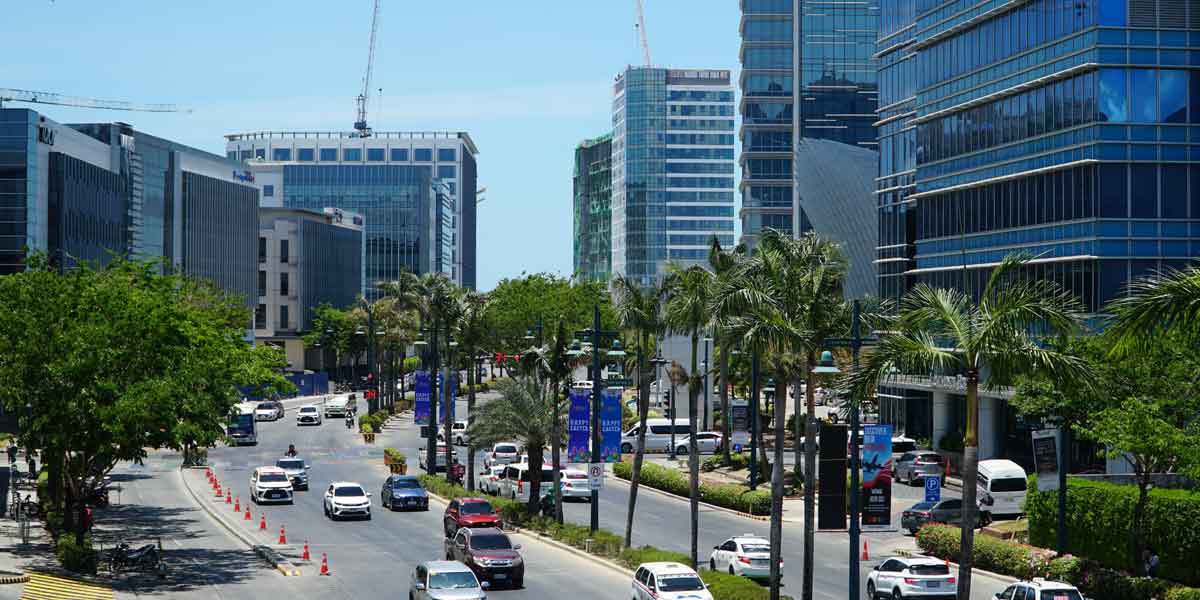The recent push by Iloilo City Representative Julienne “Jamjam” Baronda to clear the city’s tarnished reputation as the “most shabulized” in the country is commendable, but it also raises questions about the timing and the sincerity of the effort.
The call to reconsider the tag imposed by former President Rodrigo Duterte, which unfairly implicated former Iloilo City Mayor Jed Patrick Mabilog as a drug protector, is not only overdue but highlights a deeper issue: where were these voices of support when Mabilog needed them the most?
Mabilog was left to fend for himself in 2016 when Duterte’s war on drugs was at its peak, and the then-president singled out Iloilo City as a hub of illegal drug activity. Duterte’s branding of Mabilog as a protector of the drug trade was severe, unfounded, and without due process.
Yet, during Mabilog’s darkest days, his supposed political allies, including Senator Franklin Drilon and then congressman now Iloilo City Mayor Jerry Treñas, remained conspicuously silent. They neither stood by him nor challenged the baseless accusations that eventually drove him into exile.
Now, years later, as the call to invite Mabilog back to the Philippines to testify and clear his name surfaces, one cannot help but wonder if this gesture is more for political mileage than genuine redemption.
Mabilog’s reputation was tarnished, his life uprooted, and his career derailed—all without a shred of credible evidence to support the accusations against him. If his former colleagues and political allies such as Drilon and Treñas had shown even a fraction of the support they now claim to have for him, perhaps his fate might have been different.
For Mabilog, any public acknowledgment of his innocence comes too late. The damage has been done, and while the love of his followers and the people of Iloilo may offer some solace, it does little to restore what he has lost. The very same political machinery that abandoned him when it was inconvenient to stand by his side now seeks to rectify past wrongs. But these efforts, though well-intentioned, come across as hollow—too little, too late.
Using another ally for personal gains is a natural actuation for many politicians, but it often comes at the cost of loyalty, trust, and integrity. Mabilog’s plight is a stark reminder of this truth. When the storm was raging, those who should have stood with him chose to protect their political careers instead, leaving him isolated in his most challenging moments.
If Mabilog ever chooses to return, it will not be because of the belated outpouring of support from his former allies, but rather due to the enduring respect and affection of the people who never doubted his integrity. For them, Mabilog remains a beloved figure, unjustly maligned, and it is their unwavering loyalty that is his true redemption.
In the end, efforts to clear Iloilo’s name, while necessary, must also serve as a reminder of the cost of silence in the face of injustice.
Mabilog’s story is a stark example of how political convenience can overshadow principles, and how standing by the truth, even when it is unpopular, is the only path to genuine leadership.

























